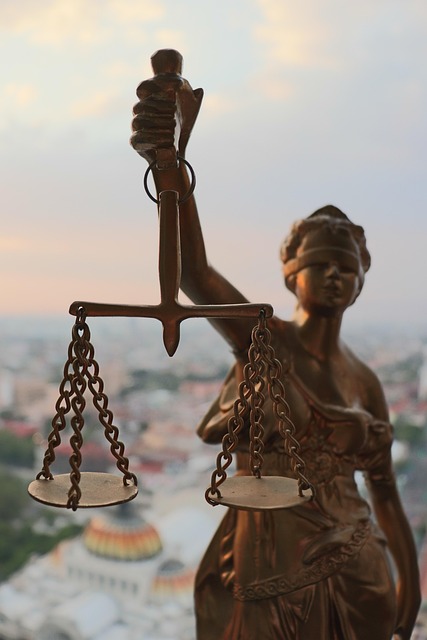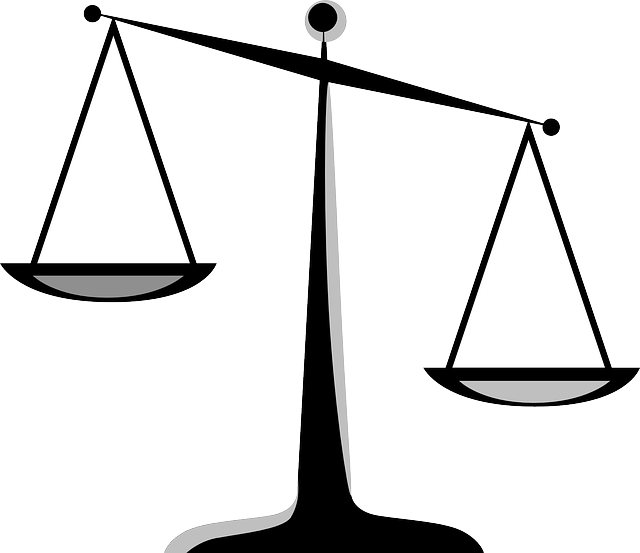The U.S. Securities and Exchange Commission (SEC) is a vital pillar in securities law enforcement, protecting whistleblowers who expose corporate misconduct and ensuring fair jury trials. By offering safe harbor from retaliation, the SEC fosters ethical business practices, strengthens financial market integrity, and benefits both political and philanthropic communities through its crucial role in upholding justice within financial markets.
“Uncover the power of whistleblower protection lawsuits in our comprehensive guide. This article explores the intricate world of legal advocacy, focusing on cases involving securities fraud. We delve into the ‘Understanding Whistleblower Protection Lawsuits’ and shed light on the ‘Role of SEC in Securities Law Enforcement.’ Additionally, discover strategic insights for navigating complex legal landscapes to ensure successful whistleblower cases.”
- Understanding Whistleblower Protection Lawsuits: A Comprehensive Overview
- The SEC's Role in Securities Law Enforcement and Whistleblower Protections
- Navigating the Legal Landscape: Strategies for Successful Whistleblower Cases
Understanding Whistleblower Protection Lawsuits: A Comprehensive Overview

Whistleblower Protection Lawsuits are a crucial mechanism for holding individuals and entities accountable for white-collar and economic crimes. These lawsuits play a pivotal role in ensuring that those who expose fraud, corruption, or illegal activities within their respective businesses are protected from retaliation. The U.S. Securities and Exchange Commission (SEC), tasked with enforcing securities laws, has a significant involvement in these cases due to its oversight of public companies and financial markets.
When an employee or individual (“whistleblower”) reports wrongdoing that relates to securities law violations, the SEC may become involved. This can lead to investigations, enforcement actions, and potential civil lawsuits. The agency’s role is two-fold: it protects whistleblowers from retaliation by employers and provides a platform for them to come forward with valuable insights into corporate fraud or misconduct. Understanding the legal protections offered by whistleblower protection laws is essential, as it empowers individuals to stand up against white-collar crimes and facilitates the prosecution of those responsible through jury trials.
The SEC's Role in Securities Law Enforcement and Whistleblower Protections

The Securities and Exchange Commission (SEC) plays a pivotal role in securities law enforcement, acting as the primary guardian of fair markets and investor protection. Its mandate extends to ensuring transparency, accountability, and integrity in financial dealings across the United States. The SEC’s involvement in whistleblower protection lawsuits is crucial; it not only upholds the law but also incentivizes individuals with knowledge of corporate misconduct to come forward. This agency facilitates and encourages disclosures that can lead to significant reforms and deter future violations.
In cases where whistleblowers face retaliation or are targeted for exposing illegal activities, the SEC steps in to provide a safe harbor. By offering protection from potential backlash, including complete dismissal of all charges, the SEC ensures that individuals feel empowered to speak up without fear. This approach fosters a culture of ethical business practices and strengthens the integrity of the financial system, benefiting both philanthropic and political communities alike. Additionally, jury trials are conducted under the SEC’s supervision to ensure fair resolutions in whistleblower-related disputes.
Navigating the Legal Landscape: Strategies for Successful Whistleblower Cases

Navigating the complex legal landscape surrounding whistleblower protection is paramount for individuals who expose corporate wrongdoing. When bringing a case under securities law enforcement, understanding one’s rights and strategic approaches is essential. The Securities and Exchange Commission (SEC) plays a pivotal role in this process, acting as the primary regulator of federal securities laws. Their mandate includes protecting investors and ensuring fair, orderly, and efficient markets.
Whistleblowers who choose to come forward with insider information have a powerful ally in the SEC. An unprecedented track record of successful cases across the country demonstrates the agency’s commitment to upholding justice. By employing robust legal strategies, whistleblowers can achieve complete dismissal of all charges. This not only protects them from potential retaliation but also incentivizes others to expose corporate fraud and corruption.
Whistleblower protection lawsuits play a pivotal role in upholding integrity within organizations, especially in the realm of securities law enforcement. The U.S. Securities and Exchange Commission (SEC) has a crucial role in this process by providing a safety net for individuals who expose corporate fraud or misconduct. Understanding the legal landscape and strategies outlined in this article can guide those considering coming forward with valuable insights. By navigating the complexities effectively, whistleblowers can ensure their rights are protected while potentially revolutionizing corporate governance and enhancing market transparency. The SEC’s active involvement in securities law enforcement underscores the importance of these protections in fostering a fair and robust economy.






